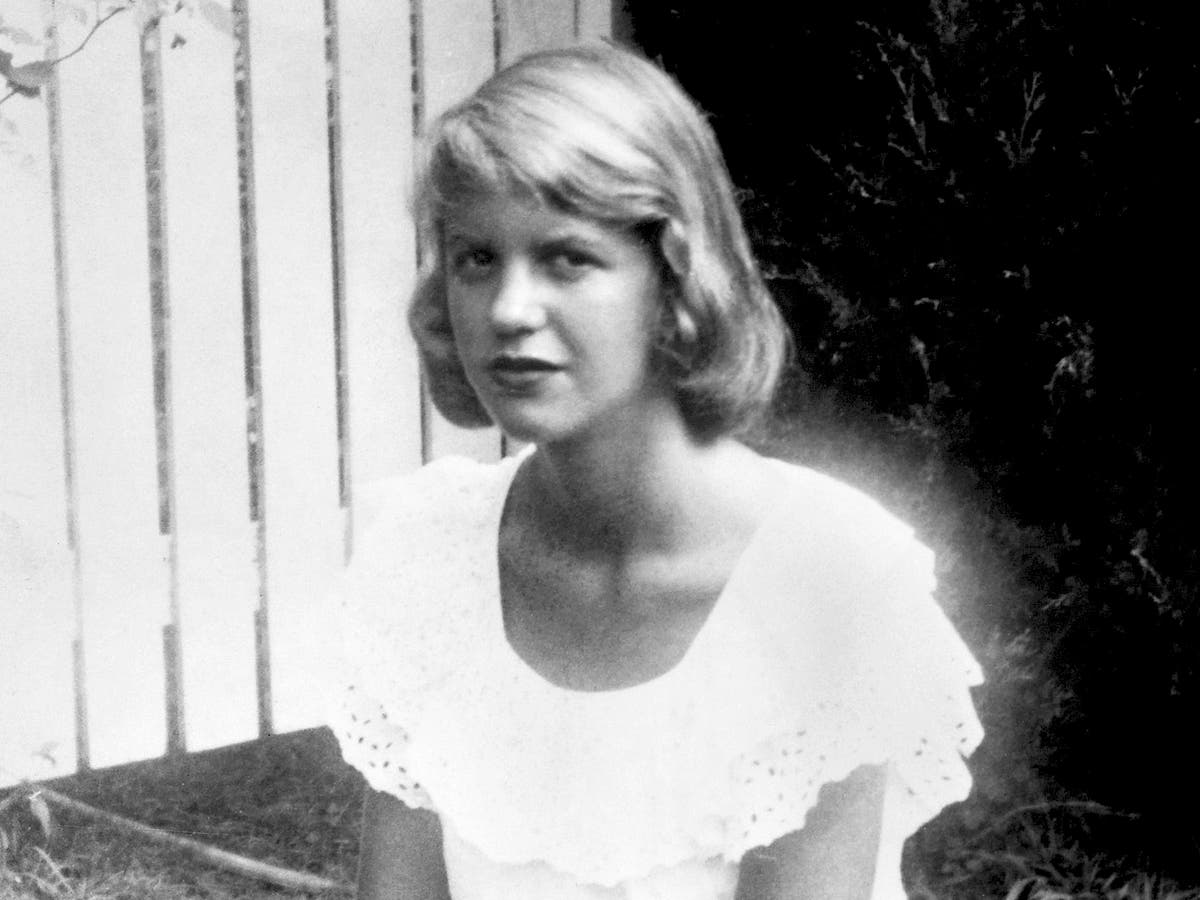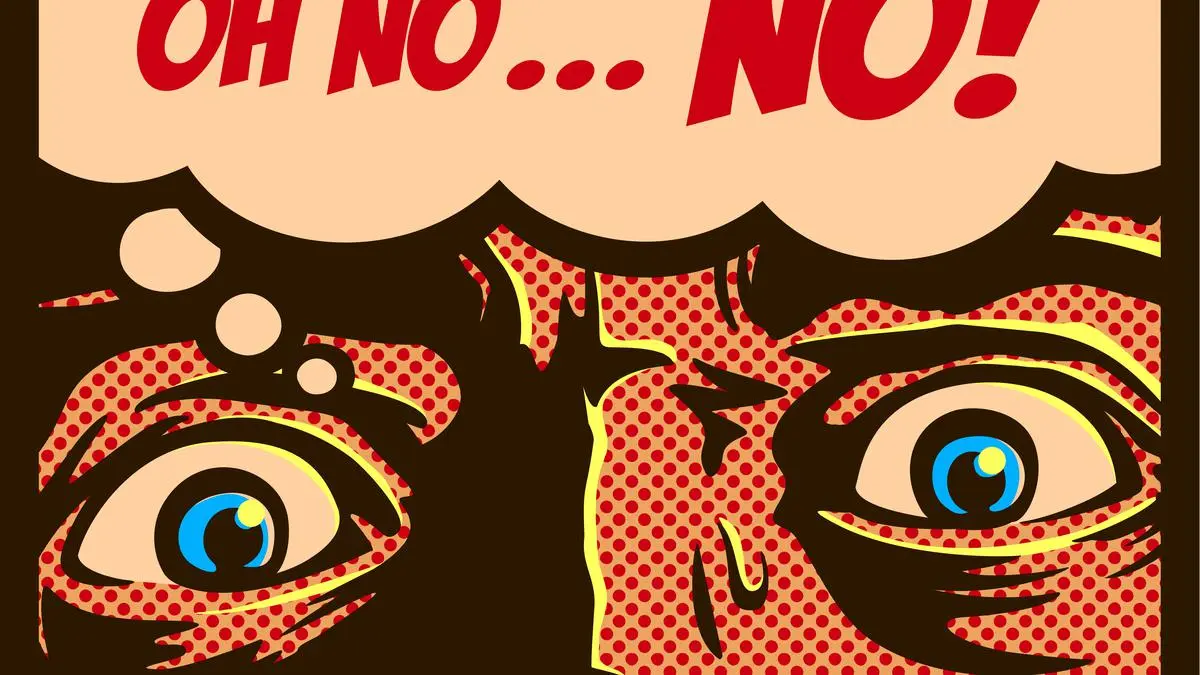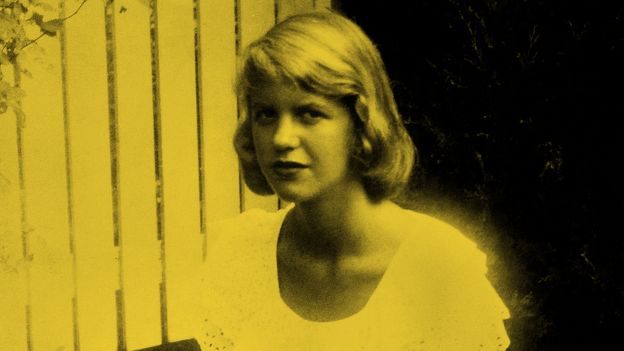
The monstrous myths that have hijacked the genius life of Sylvia Plath
The IndependentIt was Boris Pasternak, author of Dr Zhivago who sounded a sombre warning about what happens in the terrible event of someone taking their own life: “We have no conception of the inner torture which precedes suicide.” And in this latest book on Sylvia Plath, we have an original tale full of attitude whose origins must be traced to one of the most notorious suicides of all. Finally, the heart failed.” For a better insight into this young poet’s breakdown, her ex-husband’s letters tell us most of what we need to know about the terrible events of 11 February 1963; the day Sylvia Plath gassed herself “at about 6am”. The task of loving Sylvia Plath turns out to mean making a strong identification with her struggle: Van Duyne confidently mobilises her own autobiography to illuminate Plath’s tragic fate. open image in gallery ‘Loving Sylvia Plath’ is a 21st-century version of Plath’s afterlife If this might seem, to some readers, a shaky foundation on which to construct a new literary critical interpretation, Van Duyne’s passionate intensity admits no doubts. When we read – in closing – that Van Duyne’s IPV has achieved a rare communion with Plath, as the poet who “took me seriously”, it’s hard not to conclude that this well-intentioned but self-absorbed attempt at a better understanding of an impossibly dark myth has – like everything else in Plath’s afterlife – been cursed by her tragic suicide.
History of this topic

A Tapestry of Sylvia Plath: Exploring Her Literary Legacy Through New Anthology
The HinduBook Review: ‘Loving Sylvia Plath’ attends to polarizing writer’s circumstances more than her work
Associated Press
Sylvia Plath’s life should fascinate us far more than her death
The IndependentDiscover Related











